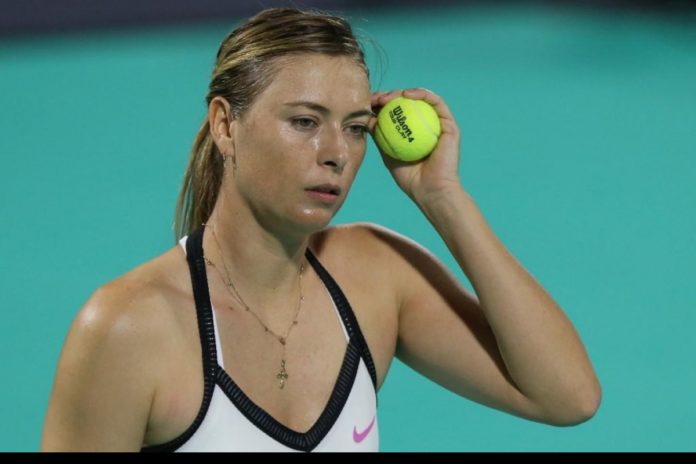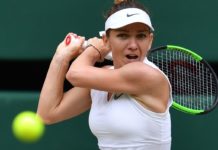A major crossroads in Maria Sharapova’s career came in March 2016 when she confessed to the world that she had tested positive for the banned drug Meldonium. Though Sharapova served her time and returned to tennis, she never did hit the highs in the game after that.
The Russian star, who won five Grand Slam titles, retired in February this year at the age of 32.
ALSO READ: Maria Sharapova says ‘Goodbye Tennis’
A recent documentary on Sharapova, released by Movistar+, has shone a light on the dark and difficult period she went through during the doping ban.
“That morning I woke up and felt like I was preparing for a game,” Sharapova says of the day when she announced in a press conference that she had tested positive for the drug.
“It is very hard to think that you have to face the world and say that you have screwed up everything.”
ALSO READ: WTA cancels all events in China, including season finale
“After the press conference I deleted all social networks from my phone, to protect myself, keep sanity and protect myself from opinions and judgments,” she told puntodebreak.com.
“I think I have never been concerned with what people think of me, but suddenly this happens and you see that you care what they know. And that disgusted me; it was a very unpleasant feeling.”
Dark period
Sharapova said she had been taking Meldonium for medical reasons for years. On Januray 1, 2016, the drug had been put on the banned substances list by the ITF and the Russian said it was more of a case of oversight by her.
She was handed a two-year ban, but it was reduced to 15 months since she could not be classified as intentional doper.
ALSO READ: Been on a farewell tour since 2009, says Federer
Through the period of suspension, Sharapova said her family was her rock.
“My mother told me that nothing would happen if I could never play tennis again,” she said.
“She spent weeks sleeping with me so that I was accompanied. My father also accompanied me a lot to make sure nothing went wrong, that he didn’t start blaming others. You had to take control and know that you screwed up.”
ALSO READ: ‘Top players looking for a 2021 restart’
Amid much controversy, over tournaments granting her wildcards, Sharapova returned to the tour in April 2017. Her comeback bid though wasn’t as successful as the first stint, and the farthest the Russian went in Grand Slams was a quarterfinal finish at the 2018 French Open.
Sharapova lost in the first round, to Donna Vekic, at this year’s Australian Open, in what happened to be her last competitive match.























